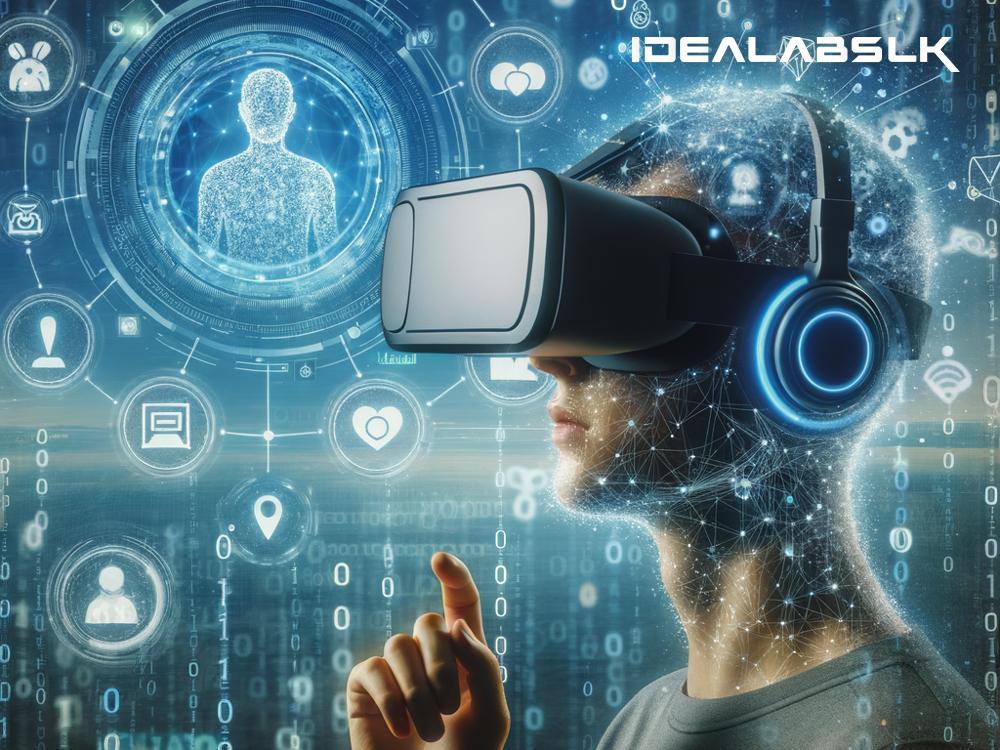Title: Data Rights & Ethuring Ethical AI: A Simplified Guide
In a world where artificial intelligence (AI) is becoming more integrated into our daily lives, the discussion around data rights and ethical AI practices has never been more crucial. From the smartphones in our pockets to the systems governing our healthcare, finance, and even job applications, AI's reach is vast. But as much as AI promises efficiency and innovation, it also raises significant ethical questions, particularly around the data it uses and how it's managed. Let's break down these complex topics into simpler terms and see why they matter to us all.
What Are Data Rights?
Imagine you're at a supermarket, and every aisle you walk down, everything you put in your cart, and every product you even pause to look at is being recorded. Not just noted down in a book, but analyzed to predict what you'll buy next, when you'll buy it, and even how much you're willing to pay. Sounds invasive, right? Well, in the digital world, something similar happens every day.
Data rights refer to the rules and protections governing our personal information online. This includes who can collect it, how it's used, and what control we have over it. In essence, data rights are about ensuring our digital privacy and autonomy — making sure we have a say in how our information is used and by whom.
Ethical AI: The Basics
Now, let's talk about AI. At its core, artificial intelligence is about creating machines or systems that can think, learn, and make decisions in a way that, historically, only humans could. The ethical part comes in when we consider how these systems are made and used. Ethical AI means developing and deploying AI in a way that is fair, transparent, and responsible. Think of it as building AI that plays by the rules of good conduct.
Why Data Rights and Ethical AI Practices Matter
You might wonder, why all the fuss about data rights and ethical AI? Well, the reasons are plenty, but here are a few key ones:
-
Privacy: Without strict data rights, our personal information can be misused, leading to privacy violations. Imagine if details about your health, finances, or personal life got into the wrong hands because of lax data handling.
-
Fairness: AI systems often learn from vast amounts of data. If this data is biased, the AI's decisions can be too. This could lead to unfair treatment or discrimination in areas like job hiring, loan approvals, and law enforcement.
-
Transparency and Trust: When AI systems make decisions, especially significant ones affecting people's lives, it's vital that these processes are transparent. People need to understand how and why a decision was made to trust and accept it.
-
Control and Autonomy: At the end of the day, our data and the decisions made about us should be in our control. We should have the autonomy to choose how our information is used and to opt out if we're uncomfortable.
Building a World of Ethical AI
So, how do we ensure that the AI shaping our world is ethical and that our data rights are protected? Here are a few ways:
-
Regulations and Standards: Governments and international bodies are working on regulations that set standards for data rights and ethical AI. Following these rules is a step towards more ethical AI.
-
Transparency and Accountability: Companies and developers should be transparent about how their AI systems work and be held accountable for their actions. This means being open about the data used, the decision-making process, and any biases that may affect outcomes.
-
Public Awareness and Education: The more we understand about our data rights and how AI works, the better equipped we are to demand ethical practices. Knowledge is power, after all.
-
Ethical Design: Finally, ethical AI starts with ethical design. This means thinking about the ethical implications from the start and involving a diverse range of voices in the development process to ensure fairness and inclusivity.
Conclusion
In conclusion, while AI promises to transform our world in many exciting ways, it's essential to remember the importance of data rights and ethical practices. By ensuring that AI respects our privacy, treats us fairly, and operates transparently, we can harness its full potential while safeguarding our fundamental rights and values. The future of AI is not just about what technology can do; it's also about what it should do. Let's work towards an AI-enabled future that honors both.

